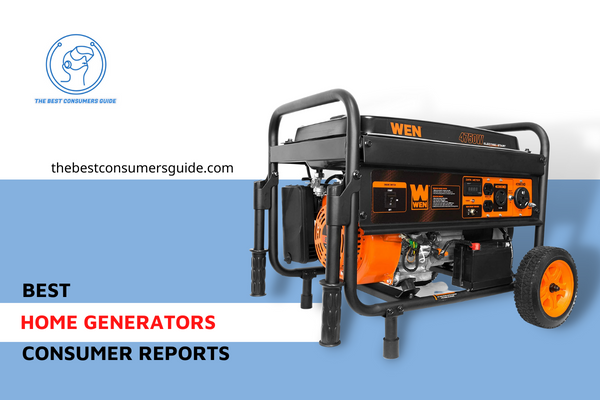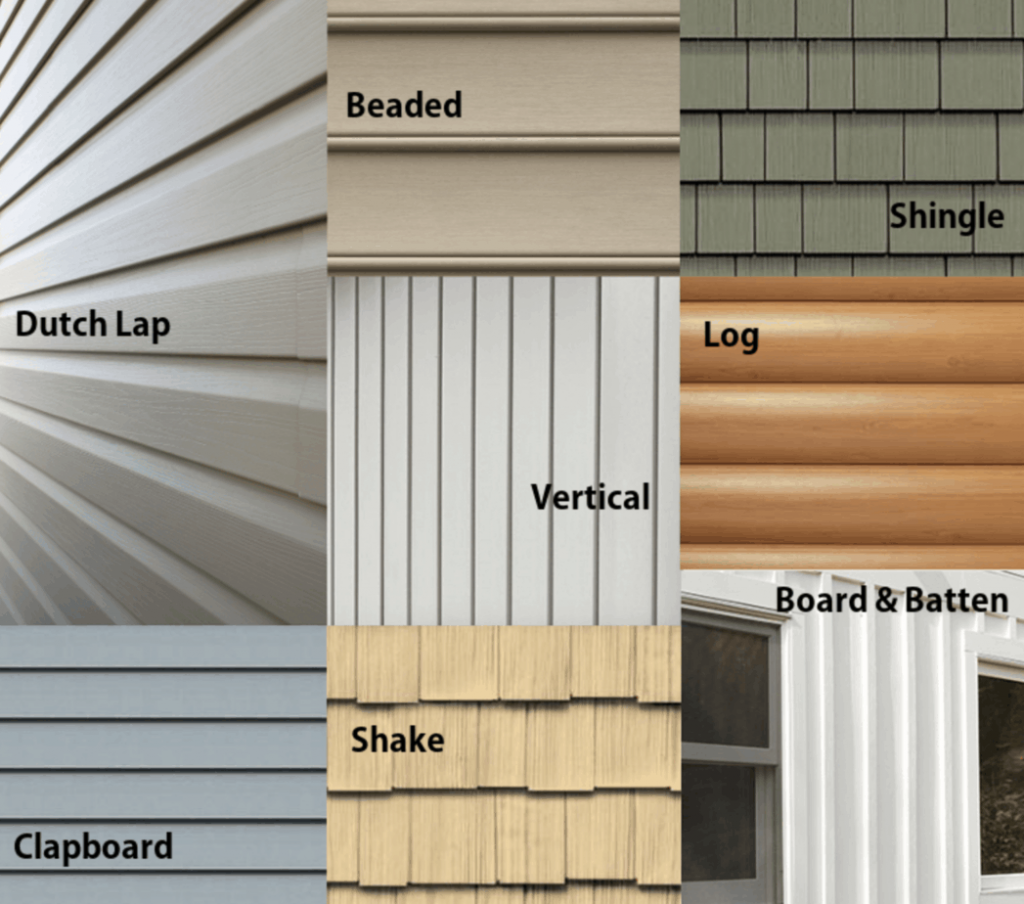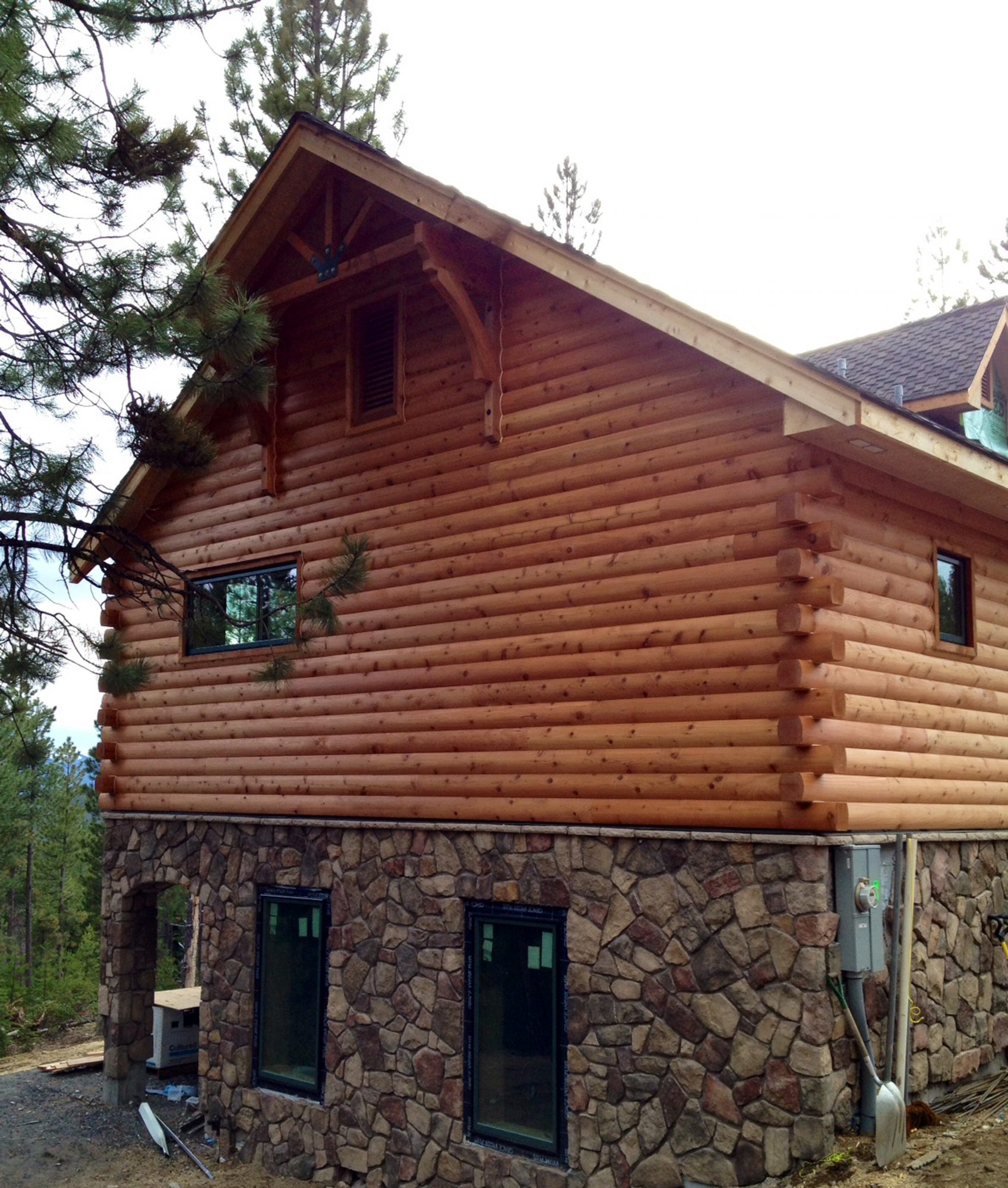Table Of Content

Air-cooled generators are usually less efficient, and they tend to have shorter shelf lives when used in whole-house contexts. Liquid-cooled generators tend to work best, particularly if you live in an area that often reaches temperatures of over 100 degrees, because they are much less likely to overheat. When you’ve determined what power level you need from your whole house generator, you should consider whether you want an air-cooled or liquid-cooled system. An air-cooled generator either passively uses the surrounding air to cool the engine or relies on a fan to maintain temperature. Echo is a smaller outdoor power equipment company that’s new to the generator market. Most of its models are recreational or midsized; many of them have low-carbon-monoxide engines.
Generator Capacity:
Portable generators offer many benefits, chief among them being the provision of emergency power. Portable generators come in various sizes and can be used for various purposes, such as powering tools and equipment, providing lighting, or charging batteries. Lastly, this champion’s best whole house generator comes with 3 years warranty.
8 best home generators to keep your power running, according to experts - New York Post
8 best home generators to keep your power running, according to experts.
Posted: Thu, 29 Jun 2023 18:21:31 GMT [source]
Best Dehumidifier for Home Reviews: Fighting Molds & Mildew
Fuel GaugeEspecially during long blackouts, you may appreciate the ability to see at a glance how much fuel remains in your portable generator. • These units cost the most money and should be installed by a pro (so factor in labor costs). We don’t want you—or anyone relying on a generator—to be one of those people. Always use a generator outside, a minimum of 20 feet from your home, with the exhaust directed away from the house. And make sure your house is outfitted with working carbon monoxide detectors on every level of your home before you fire up a generator. If you decide to take the plunge for a whole-house generator, given your investment in installation, you’ll want a unit that performs well, which is where our ratings come in.
Can a Recreational Generator Power Your House? - Consumer Reports
Can a Recreational Generator Power Your House?.
Posted: Sun, 13 Sep 2020 07:00:00 GMT [source]
Briggs & Stratton PowerProtect Standby Generator
If the generator is being used to power circuits in your home, maybe. Picking the right one means you’ll be able to power up the appliances or equipment you need. Picking the wrong one, or using it improperly, could damage the generator or what is connected to it, at best. At worst, it could be dangerous, posing a risk of fire, electrocution, or carbon monoxide poisoning. Over the years, our power and generator experts here at This Old House have developed numerous resources for homeowners, contractors, and road-warriors.
Picking a generator depends mainly on the size of your home and what you wish to power. The average house will take at least 5,000 to 7,500 watts to run only the most critical equipment—think fridge, heat, and water. Often, a portable home generator can get you through an outage, but there are also options that are capable of powering your entire house. Home generators can be expensive to install, but they will last significantly longer than portable generators and will give you peace of mind that you and your family will be protected during power outages.
Generator Noise Levels

In almost all cases, the fueling source you choose depends on where you live. Choosing a fuel that is abundant and readily available where you live is important. For instance, wet stacking will affect diesel generators if you live close to rivers, lakes or any other marshy area. Gasoline and diesel generators also don’t perform very well when the weather is too cold.
In the event of a power outage, it automatically turns on and runs on either natural gas or propane. Powered by a gas-powered engine, portable generators generate electricity by turning an onboard alternator. Well, the starting watts of this generator are 15000W while the running power output capacity is 12000W. This is an essential step in choosing the best whole house generator for your home.
Don’t use the generator inside.
It can be a lifesaver for people with electrically powered medical devices. Large whole-house generators have an output of 10,000 watts or more, which means enough power for all your appliances. On average, they run from 140 to 200 hours on a propane tank, a shorter duration than their smaller counterparts. Our testers find that inverter generators, as a group, perform better than regular portable generators in almost every way. You may also want to consider having a backup generator on hand in case you need to power extra devices. To determine how much power you need, you can add up the power consumption of the appliances you need charged and see if the generator supports it.
Champion 12.5-kW Home Standby Generator, Model 100179
Should the need arise, you can always plug in a set of solar panels and top it off during the day. It’s also easy to move around, thanks to its integrated wheels and handle hidden in the base. Consumer Reports is an independent, nonprofit organization that works side by side with consumers to create a fairer, safer, and healthier world. CR does not endorse products or services, and does not accept advertising. National Fire Protection Association codes allow smaller generators to be a minimum of 18 inches from an exterior wall, but you should check local codes as they may have more specific requirements.
Best of all, portable generators will run for a long time continuously. There are several potential drawbacks to owning a standby generator, especially for those that are large enough to power an entire home. These devices are helpful in a variety of situations, such as when power outages occur or when working in remote areas where there is no access to the power grid. Able to run AC full blast and microwave at the same time with all lights on, didn’t bog down or seem to increase load at all. Doesn’t initially sound very cool to say that, but a microwave pulls about the same power as an AC starting, so I think it really shows how awesome the generator is.
The payment for your account couldn't be processed or you've canceled your account with us.
Managing the load on your generator protects it from being overloaded by exceeding its capacity. When power from the grid initially fails, and the ATS turns on the generator, there may be too many items in the home calling for electricity. The load management device “sheds” the requests from low-priority devices while maintaining current to the more crucial systems and appliances. Whether your home is prone to power outages due to extreme weather or because an ineffective electric utility has short-circuited, a home generator is a great choice for any homeowner who wants to be protected. With a home generator, you don’t have to fuel up during emergencies or run long extension cords in the middle of the night or in pouring rain. Instead, the generator will automatically kick on to immediately take over powering your home.
Our experts also check the claimed charging capacities of solar generators by hooking them up to solar panels, as pictured, and leaving them in full sun for the period of time estimated by the manufacturer. Overall usability was another important part of the assessment, such as, for example, noting the total number of outlets, which indicates how many devices a generator can charge at once. Generators also received points for user-friendly features like a carrying handle and wheels, an LED light and onboard storage for accessories. Finally, we assessed the durability of the both the generator and its solar panels to judge how long the equipment will last. The 1,500-watt battery is designed for medium-size power loads, which is one reason we like it for camping and other recreational use. The other reason is its relatively slow charge time (about 14 hours via a standard, 120-volt wall outlet and 18 to 70 hours via solar power) and short shelf life (three to six months).
But while a generator can be a lifesaver during and after severe weather, it can be dangerous if you don’t take precautions. People tend to buy generators around major storms; working by flashlight, in a rush to get the power up and running, they might skip over critical safety steps during setup. Dozens of people die every year from carbon monoxide (CO) poisoning related to generators. Don’t ever have gas generator run indoors or in a closed garage, as it releases deadly carbon monoxide. Once it’s off, store it in your garage or shed to protect it from the elements.
This component is a crucial link between your generator and your home’s electrical system. It’s what enables a seamless transition to backup power during outages. Briggs & Stratton makes portable, inverter, and home standby generators.

















